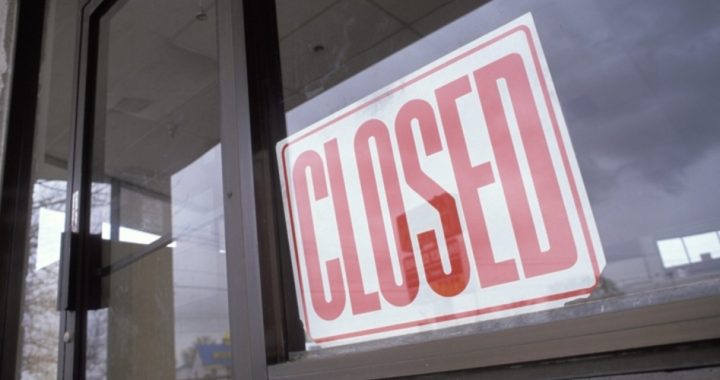
Secretary of State Mike Pompeo made clear exactly what his intentions are: that the closing of the American embassy in Caracas now removes “constraints” that have until now reined in U.S. policies there. Said Pompeo on Tuesday: “Decisions you make are always encumbered by the fact that you know there’s real risk to your own people, people that you’ve sent into harm’s way. We wanted to get them out of the country so that we could move forward in a way that provided that opportunity.”
He added that the decision to close the embassy and remove its remaining skeleton crew (most of the embassy’s 200 employees were sent back to the states last month) “reflects the deteriorating situation in Venezuela as well as the conclusion that the presence of US diplomatic staff has become a constraint on US policy.”
That message was received and understood by Maduro’s opposition, Juan Guaidó. A spokesman for Guaidó responded, “We thank the US government for its continued support to the Venezuelan people in our quest for freedom. We respect the US sovereign decision to withdraw its [remaining] personnel. We fully understand that statement of Secretary of State Pompeo on this issue, and stand by it. We wouldn’t want the US embassy personnel in Venezuela to be a constraint for US policy.”
Part of the reasoning behind the decision to close the embassy no doubt was the personal safety of those remaining behind. As the society there collapses and reverts to mob rule and military oppression, there is the increasing chance that Maduro’s colectivos could seize the embassy and hold the personnel hostage, using them as pawns in the escalating war to remove Maduro from power.
Underreported in the mainstream media was the impact those colectivos — motorcycle gangs under Maduro’s authority who are armed and trained by Cuban military and intelligence services — had on Maduro’s success in stopping the humanitarian aid caravan from entering his country. As Bloomberg noted, “They terrorized thousands who tried to usher humanitarian aid into the hungry nation from Colombia, brutalizing them within a block of an international bridge where food and medicine were waiting.”
With the threat to U.S. embassy personnel removed, U.S. policymakers such as Elliot Abrams, Trump’s special envoy to Venezuela, are now free to impose “very significant” (his words) additional sanctions against Maduro, his regime’s officials, and their financial pipelines. These would be on top of sanctions already being applied to more than 250 of Maduro’s people and those applied against a Russia-Venezuela bank on Friday.
Despite protestations to the contrary, the military “option” to remove Maduro — especially if he allows his colectivos to harm Guaidó or any of the 30,000 to 40,000 U.S. citizens living in Venezuela — remains firmly “on the table.”
Maduro’s position is also being threatened by the crash of the electrical grid that began last Thursday. As darkness continues into the seventh day, citizens are reverting to increasingly drastic measures to obtain water and food for themselves and their families. Reports of entire shopping centers being looted are making the local news, with other reports coming in about the deaths of hospital patients (now up to 60, and counting) owing to the power outage and the hospitals’ backup generators running out of fuel. Citizens who still have purchasing power are being forced to wait in gas lines for up to 12 hours in order to get fuel. Some reports are that those lines are extending for miles.
Maduro’s claims that the power outage is Trump’s fault are increasingly being ignored by Venezuelan citizens. As The New American reported on Monday, it was a grass fire beneath one of the power stations serving electricity from the Guri hydroelectric dam that burned a trunk line, shutting down one of its 10 turbines. Reuters confirmed that report: “The blackout was likely caused by a technical problem with transmission lines linking the Guri hydroelectric plant in southeastern Venezuela to the national power grid.”
Once the last of the U.S. embassy’s skeleton crew have been removed to safety, those additional “very significant” sanctions will be put into place to remove and replace the Marxist dictator.
An Ivy League graduate and former investment advisor, Bob is a regular contributor to The New American, writing primarily on economics and politics. He can be reached at [email protected].
Related article:
Nationwide Power Outages Sending Venezuela Back to the Dark Ages



